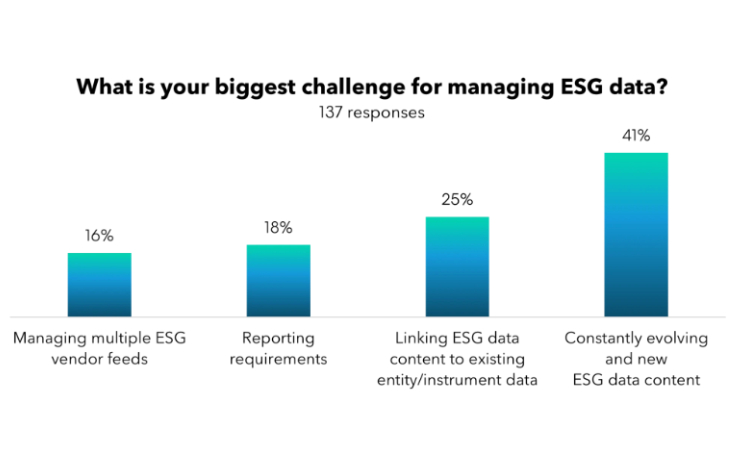ESG issues
ESG issues are becoming increasingly prevalent for businesses large and small as the world shifts to the 4th industrial revolution. In recent times the expectations of businesses to integrate ESG (Environmental, Social and Governance) risk management into business models has become mainstream. The modern business realises that ESG is an opportunity to not just have a deeper understanding of risks but seek brand enhancement, engage customers, partner with new suppliers, streamline operations, attract talent, greater preparation for unforeseen issues (such as pandemics) and improved financial performance.
Small to medium business
Small to medium business while limited with resources have a range of advantages of being community and locally focused, closer relationships with customers and suppliers, swifter decision-making processes, less bureaucracy and greater flexibility. Couple this with an increased number of ESG products targeting the SME sector in Australia such as lending, asset finance, insurance, trade finance, foreign exchange, investments, super and banking.
Focus in investment towards ESG-centric businesses
With such a significant shift in focus in investment towards ESG-centric businesses and ideas, the opportunity to find financial performance in implementation of ESG has never been easier. Operational changes such as recycled product use, waste management, water management, onsite renewables, digital technologies to reduce paper use and behavioural change.
“For businesses to thrive in the 2020s, they will need to understand the forces that will shape the next 10 years and use them to their advantage. There’s no doubt that sustainability and societal impact issues will be a leading force for driving value creation.” Rich Lesser, Global Chief Executive Officer, BCG, USA
Commitments to climate change
With the world currently not ‘on-track’ to achieve our commitments to climate change, an increase in regulations surrounding greenhouse gas emissions is inevitable. In line with these commitments many businesses are assessing pathways to carbon neutrality and even carbon neutral certifications of their business or product. This in turn is opening up options to cross-sell product into larger corporate businesses who’s procurement strategies are shifting to ethical and sustainable supply chains.
As a result
As a result, we’re seeing new products enter the market, new operating models emerge and greater transparency and resiliency of SME’s. Products such as HSBC Australian announcing an expansion of green term loans, revolving credit facilities and sustainability linked loans, or the Clean Energy Finance Corporation offering discounts to asset finance products through specific providers.
“As we’re learning in real-time with the outbreak of COVID-19 and its unexpected impacts, today’s companies must increasingly account for non-financial factors in their long- and short-term business plans. As companies look to adapt their value‑creation plans in the new business landscape, they must optimize performance against current and future material ESG issues to safeguard their companies and ensure long-term success.” Maha Eltobgy, Head of the Future of Investing at the World Economic Forum.
Conclusion
Thinking and acting on ESG risks in a proactive way is becoming more pressing for businesses of all shapes and sizes. The impacts of ESG on how modern businesses operate is now not only an opportunity to differentiate operating models and communication with customers and partners, but material impacts on financial performance and access to unique products. The new model of business has emerged, and early adopters are realising great top-line growth, reduced operating costs and better prepared for regulatory and legal challenges.
Contact us to discuss how your organisation can reduce ESG risks, create an effective ESG strategy, reduce their carbon footprint and better manage ESG risk in your supply chain.










